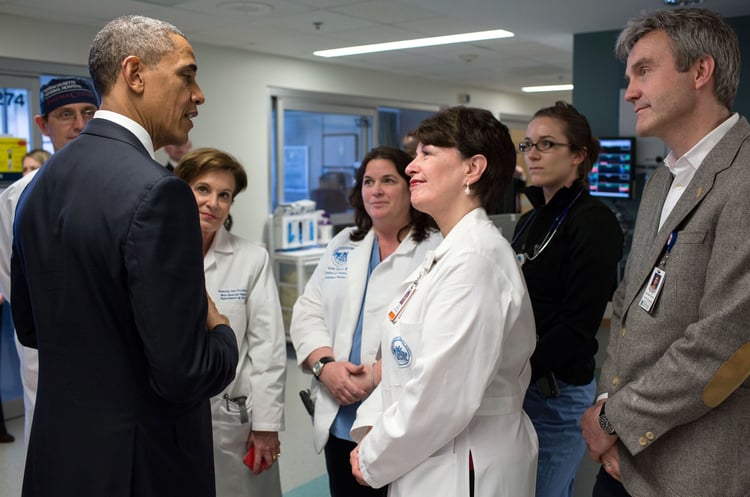
An alarming number of primary care practices don’t have the staff required to proactively manage referrals. Medical assistant teams lack the capacity required to manage chronic care and quality programs, meet payor requirements, and hunt consult reports from specialists. As a result, these practices manually track referrals only when they are required to for regulatory requirements or internal referral initiatives.
The primary care practices that are proactively managing referrals are doing so with an overwhelming amount of expensive and manual workflow. Care coordinators are adding hundreds of hours to their workflow each month to ensure that patients are completing their appointment and that specialists are returning the clinical information needed for appropriate follow up.
In contrast, primary care practices that automate their referral workflow electronically are recovering up to 70% of their staff’s time [1] spent manually managing referrals.
Improved referral processes help practices meet value-based initiatives and devote time to programs that drive revenue—like preventative and chronic care management.










